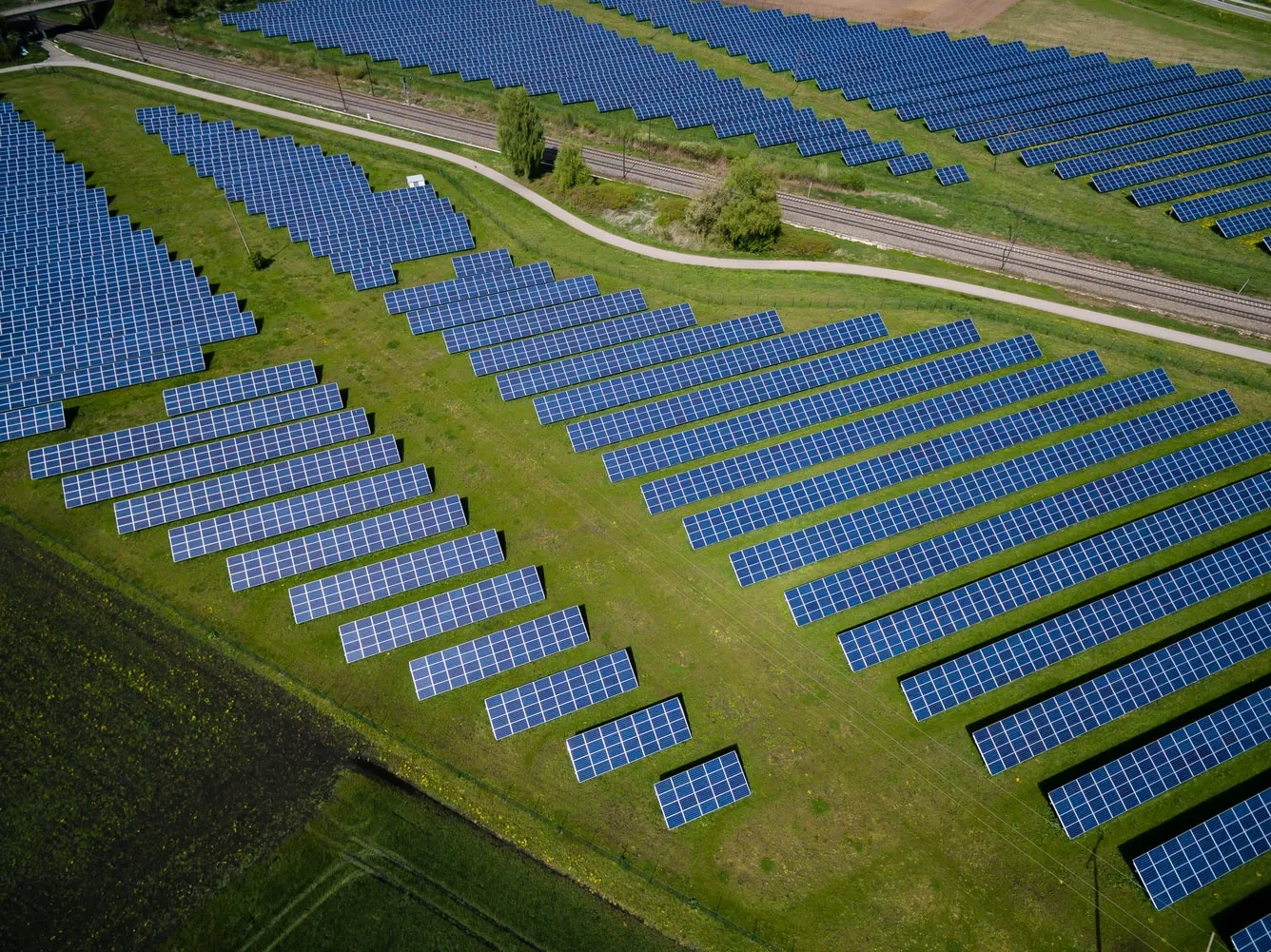The second day of the Eurelectric conference shifted focus to the transformative impact of artificial intelligence, the critical role of consumer empowerment, and the ongoing quest for European industrial competitiveness.
A central theme was the rapid emergence of AI, with speaker Peter Hinssen emphasising that “speed is not an option – it’s a strategy”. While advising against fearmongering, panellists noted that AI is a significant new stimulus for power demand, with an AI-powered search query using ten times more electricity than a regular search. While some panellists, like Michael Liebreich, suggested AI’s impact might be overhyped and that high investment requirements may not generate sufficient profit going forward, the prevailing sentiment was that the energy sector must adapt to this new reality. A key concern raised was that the regulatory field is currently “ignorant of these growing concerns”.
The ”Power2People” plenary session shifted focus to the consumer, presenting findings from a new study by Eurelectric and Accenture. Findings revealed that while consumers report having more choice and engagement, a low percentage are aware of the energy solutions available to them. Empowerment, participation, and trust were identified as key themes for driving perception. Denmark was highlighted as a success story, where 100% smart meter take-up has led to high engagement with dynamic tariffs, shifting usage patterns and reducing the need for costly infrastructure investment, a benefit that ultimately returns to the consumer. Panellists stressed the need to engage with all consumers, including those who are resistant to change, through tailored solutions and flexible contracts.
Closing discussions, featuring Eurelectric President Markus Rauramo and an executive panel, converged on the theme of European competitiveness. Rauramo linked industrial competitiveness directly to consumer trust in security of supply. The urgent need to decrease costs for consumers, reduce reliance on gas to set prices by deploying more renewables, and establish long-term gas contracts was emphasised. Panellists agreed that achieving a common European market is essential to provide the predictability needed for investment. The sessions concluded that an integrated system with both physical and digital security is paramount for Europe’s industrial future.

